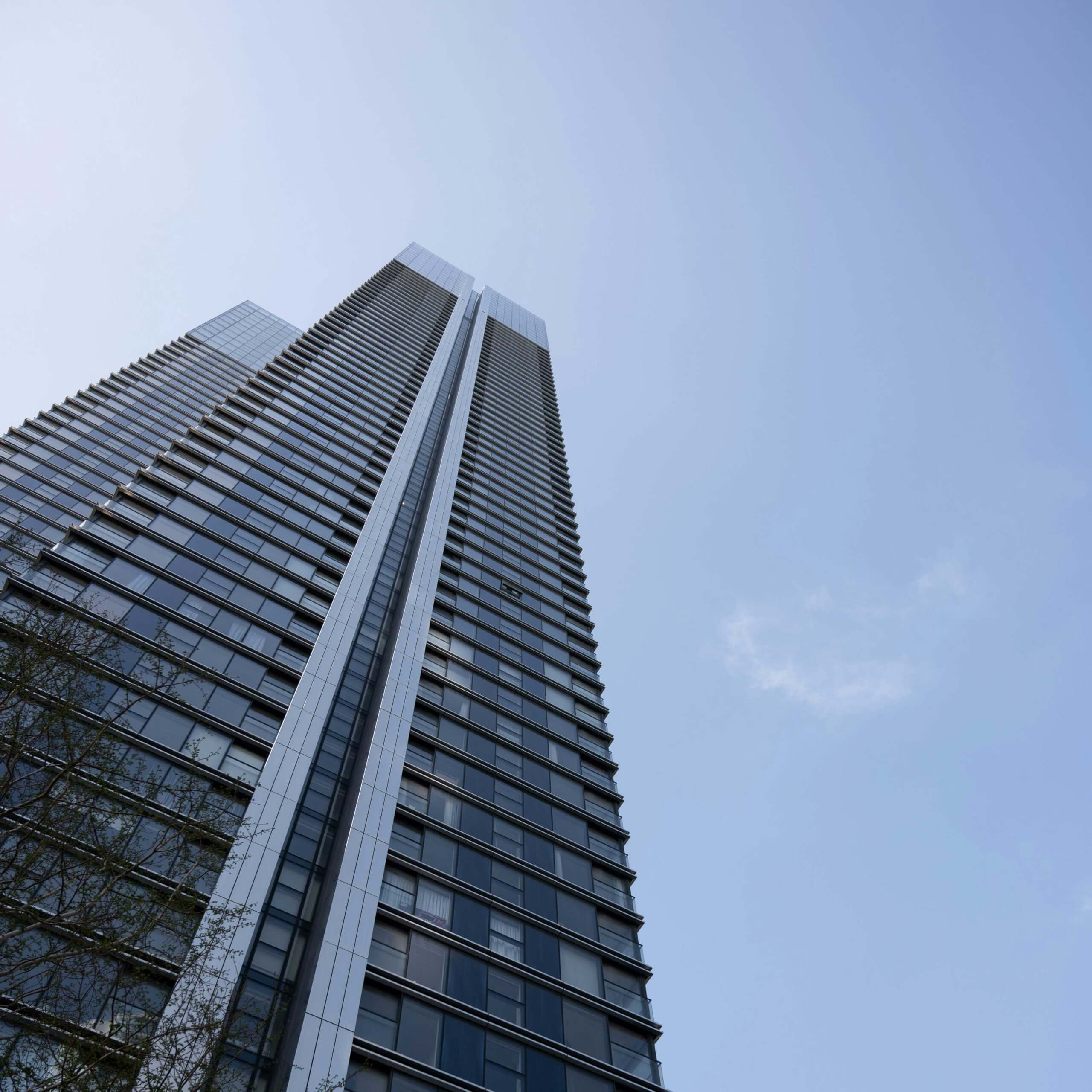Block management update: March 2024
11th March 2024
The Topline
“From lease valuation to service charge disputes and building safety, there’s been a flurry of recent cases and developments in residential block management. In this headline update, we highlight the key points for residential block operators/managers and practitioners.”
Karl Anders, Partner, Housing Management & Litigation


Daejan Investments v Collins – 93 Act valuation methodology
The Leasehold Reform, Housing and Urban Development Act 1993 (93 Act) gives qualifying tenants of flats the right to a new lease. Schedule 13 provides a methodology for calculating the premium payable for the new lease. Daejan Investments v Collins [1] is a worked example of the 93 Act methodology in practice. In this case, the Upper Tribunal (Lands Chamber) (UT) explained:
- The correct approach to ascertaining marriage value [2] in relation to the grant of a new lease.
- The correct approach to valuation of the existing lease by use of a ‘relativity’ [3], and in circumstances where there’s no longer a market in long leases without 93 Act rights [4].
Pending enactment of the long-awaited Leasehold and Freehold Reform Bill, Daejan Investments v Collins will be a helpful ‘go to’ for block managers and valuation surveyors.
Holland Park v Dell – Service charge ‘sweeper’ clauses
Back in 2022, we published a briefing on Dell v 89 Holland Park Management. The case dealt with service charge sweeper clauses [5] and the landlord’s attempt to recover costs incurred in litigation relating to a neighbouring property. In a recent appeal of that decision, the landlord argued:
- The UT’s interpretation of the sweeper clause in the relevant lease (and sweeper clauses generally) was too narrow.
- Claimed costs could be recovered as falling within the lease’s definition of “General Expenditure”.
The Court of Appeal [6] dismissed the landlord’s appeal, with the resulting key takeaways:
- The overall focus of the clauses was on management and maintenance of the building itself. That was the correct construction of the relevant provisions in the lease, in the context of the rest of the clause, which clearly focused on management and maintenance.
- Other provisions in the lease specifically contemplated litigation, and the existence of those specific provisions was an indicator that exceptional expenditure might generally be expected to be explicitly provided for.
- Cases of this type are fact-heavy, in relation to both the lease clause[s]/definition[s] in question, and the nature of the costs claimed.
The decision is likely to limit the ability of landlords to recover costs that do not directly relate to the management and maintenance of the relevant building pursuant to similar provisions in leases, unless there are clear words in the lease to allow recovery of the relevant cost.
Service charge claims involving professional costs often prove contentious. Clear drafting is required to avoid disputes in relation to such issues.
The Leasehold and Freehold Reform Bill aims to limit the recovery of litigation costs by landlords from tenants, whether as part of the service charge or by way of recovery from individual tenants as an administration charge.
Tower Hamlets Community Housing v Leaseholders of Painter House – Re-writing service charge provisions
Service charges also hit the legal headlines in the recent Painter House case [7]. Section 35 of the Landlord and Tenant Act 1987 (‘the 1987 Act’) allows a court to vary leases in certain circumstances, one being where the lease fails to make satisfactory provision for calculation of the service charge.
Section 35 (4) states that a lease doesn’t make satisfactory provision for calculation of service charge where: service charge is a proportion of the landlord’s expenditure; and other tenants are also liable to pay proportions of any such expenditure; but the aggregate amount payable by reference to those various proportions doesn’t equal exactly 100% of the expenditure.
Painter House clarifies that, for these purposes, “proportion” isn’t limited to numerical proportions – it also includes descriptive proportions (such as ‘a fair proportion’, for example). In the case, the leases of two flats provided that the leaseholders had to pay a “fair proportion” of the relevant service charge expenditure. The balance of the service charge expenditure payable by those two flats equated to 16/38 of the total expenditure. It was clear that 16/38 shared between the two flats would not be fair, and so the condition in section 35(2)(f) of the 1987 Act, which enables the Tribunal to vary service charge proportions, had been met.
The upshot is, where different leases within a building/development require service charge liability to be a proportion of landlord’s expenditure, but the resulting aggregate charges wouldn’t equal 100% of that expenditure, the Tribunal has a statutory jurisdiction and discretion to vary the service charge proportions, no matter how those proportions have been respectively described.
Building safety
Under the Building Safety Act 2022 (BSA), the principal accountable person for an occupied higher-risk building must ensure that the building is registered with the Building Safety Regulator [8]. The register for occupied higher-risk buildings is now live. It’s an offence for a building to be occupied but not registered. The relevant regulations [9] specify the details that must be contained in an application to register a higher-risk building, how to withdraw that application, and the decisions of the Building Safety Regulator that may be subject to a review.
Other recent BSA developments include new cases on remediation orders and remediation contribution orders, implementation of the gateways 2 and 3 regimes, and the Hippersley Point case concerning a landlord’s application for a dispensation from the requirement to consult with leaseholders in respect of building safety works. Visit the Walker Morris website for detailed information and BSA expertise.
Block management expertise
Walker Morris’ dedicated Housing Management & Litigation team and dedicated block management experts specialise in advising landlords, management companies, managing agents and leaseholders in relation to all aspects of residential leasehold law, practice and block management.
For further advice, information or training on any aspect of housing management, please contact Karl Anders, Pawan Pandit or Asia Munir.
[1] [2024] UKUT 26 (LC)
[2] marriage value is the difference between the higher value of the property if it was in single ownership and the lower value of the property when it is owned separately by both a landlord and a leaseholder
[3] i.e. a percentage figure that enables the existing lease to be valued by reference to the notional value of the freehold interest with vacant possession
[4] the 93 Act requires that the existing lease be valued on the assumption that there was no right to an extended lease. That assumption is difficult to value now that there’s no market in long leases without 93 Act rights
[5] i.e. provisions which aim to bring unspecified charges, which the landlord might want to recover from time to time, into the scope of the service charge provisions
[7] [2024] UKUT 37 (LC)
[8] See Walker Morris’ recent briefing for more information
[9] The Higher-Risk Buildings Registration Regulations, SI 2023/315









